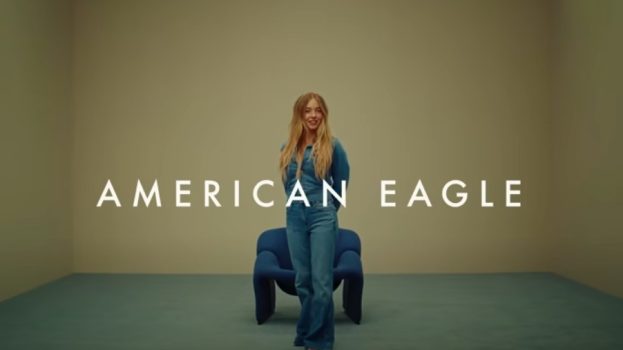Also in this report:
– Minor leagues score big with fans, advertisers p.28
– Molson revs up sports marketing subsidiary: Molstar Sports and Entertainment combines TV production of TV sports programming with event management p.29
– Film festivals’ success feeds on itself p.32
– New Canucks logo evokes spirit of West Coast p.33
If it’s not air-surfing or 24-hour relay mountain-bike racingŠwell, it’s something else.
Since the early ’90s, so-called ‘extreme’ sports have crossed over increasingly to the mainstream, attracting both enthusiastic tv audiences and big-name advertisers eager to grab hold of new sponsorship opportunities.
One prime example, with its roots right here in Canada, is ‘boarderCross,’ a sport that has gone in a few years from relative obscurity to international popularity. BoarderCross events now take place across North America, Europe and Japan, and there has even been discussion of including it in the 2002 Winter Olympics.
The sport, essentially a cross between snowboarding and motocross racing, is the brainchild of Vancouver snowboard enthusiast Steve Rechtschaffner. Snowboarders race each other over hilly terrain to a finish line, through a series of elimination rounds. There are no judges, and no timekeeper.
Sophisticated it’s not. So why has a sport like this attracted so much attention?
According to industry-watchers, such ‘extreme’ sports have an over-the-top edge that appeals to their target market of males 15 to 33 (with 19 to 25 the core audience). BoarderCross also has the advantage of being easy to follow and watch.
Rechtschaffner, a former tv producer who now works as a computer games developer with Electronic Arts Canada, says he came up with the idea for the sport in a burst of inspiration during a ski event at b.c.’s Blackcomb resort several years ago.
Although the sport quickly attracted sponsor interest, Rechtschaffner says there was no explicit effort to market boarderCross in its early days. ‘In the snowboarding community, if you’re too overt about what you’re trying to do, people just turn off.’
Building respectability for boarderCross was a particular challenge. New sporting events, extreme and otherwise, are proliferating faster than Andrew Lloyd Webber musicals these days, many with no clear reason for being other than to attract sponsors.
‘I was getting approached by all kinds of people who were saying things like, ‘Let’s have riders jump over a shark tank,” he recalls. ‘People wanted to take [the sport] into a circus world.’
‘Legitimacy is probably the toughest component for people to truly believe that it is a real discipline, as opposed to a flash-in-the-pan fad,’ agrees Marc Julien, marketing director for BXI BoarderCross International Management, a subsidiary of Vancouver-based Peak Productions, which runs boarderCross tours and finds sponsors.
Columbia Brewing Company’s Kokanee, ‘b.c.’s mountain beer,’ was one of the original sponsors of boarderCross in Canada. Its brand name, in fact, has become almost synonymous with the sport.
‘The brand and the sport have a nice synergy, because both share the same objective: to be leading-edge, fun and adventurous symbols of the West Coast lifestyle,’ says Aidan Tracey, marketing manager for Kokanee with Columbia’s parent company, Toronto-based Labatt Breweries of Canada.
Major international sponsors such as Swatch and Airwalk have since come on board as well. Coverage of boarderCross events on sports specialty channels tsn and espn has further raised the profile of the sport.
Beyond the obvious attraction of aligning with something new and ‘cool,’ there’s a more basic reason for sponsor interest in boarderCross namely, cost. The price tag for sponsoring a newly-minted sport is comparatively modest. However, as the sport becomes more popular and the events more elaborate, costs will rise, Julien says.
While boarderCross may become more commercially-oriented and more mainstream as more sponsors come on board, Julien sees this as a natural progression, and d’esn’t fear losing touch with the core audience.
Rechtschaffner agrees. Unlike some extreme sports, he says, boarderCross has an element of competition that people enjoy, and that should give it greater staying power.
‘It’s not like street-luging or something,’ he says. ‘There is a point to the event.’























